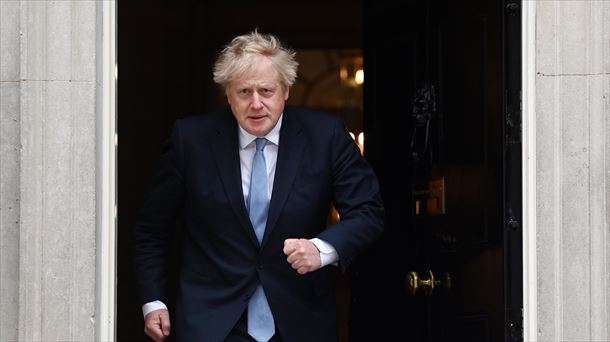In Sunday’s Finnish presidential elections, the favorite conservative former Prime Minister Alexander Stubb (55) won. According to a projection published shortly after the elections closed, Stubb had 52.7 percent of the vote, while his Green opponent Pekka Haavisto (65) had 47.3 percent. The result was based on a count of 58 percent of the votes.
Stubb received the most votes in the first round on January 28, but was not the clear winner. Stubb was further ahead in the polls. They say some Finnish voters rejected Haavisto because of his open homosexuality. Nearly 46 percent of voters used postal voting, with the final results expected around 10 p.m. (CET).
Haavisto fails for the third time
If the result is confirmed, former Foreign Minister Haavisto would fail in the presidential election for the third time in a row. In the last elections he lost to the conservative politician Sauli Niinistö, who was no longer allowed to stand as a candidate after two five-year terms.
A new era for the Finns
The elections mark the beginning of a new era for the 5.5 million Finns. The incumbent Niinistö has long pursued – as has been the case in Finland for decades – a diplomatic foreign policy, especially towards neighboring Russia. Due to his initially good relations with President Vladimir Putin, he was nicknamed ‘Putin Whisperer’. However, in response to Russia’s war of aggression against Ukraine, Niinistö led his country from traditional non-alignment to NATO.
Tough stance against Russia
All candidates for the state leadership had announced a tough stance towards the government in Moscow during the election campaign. Stubb recently told Reuters in an interview: “Politically, there will be no relations with the Russian president or the Russian political leadership until they end the war in Ukraine.” The 55-year-old is committed to deeper integration into NATO. , which could also include the stationing of alliance forces in Finland. However, he rejects the stockpiling of nuclear weapons. Former Foreign Minister Haavisto was more cautious, calling a NATO contingent in Finland unnecessary.
The head of state in Finland has more extensive executive powers than, for example, the Federal President in Germany. The Finnish president leads foreign and security policy in close cooperation with the government, represents the country at NATO meetings and is commander-in-chief of the armed forces.
Source: Krone
I am Wallace Jones, an experienced journalist. I specialize in writing for the world section of Today Times Live. With over a decade of experience, I have developed an eye for detail when it comes to reporting on local and global stories. My passion lies in uncovering the truth through my investigative skills and creating thought-provoking content that resonates with readers worldwide.



